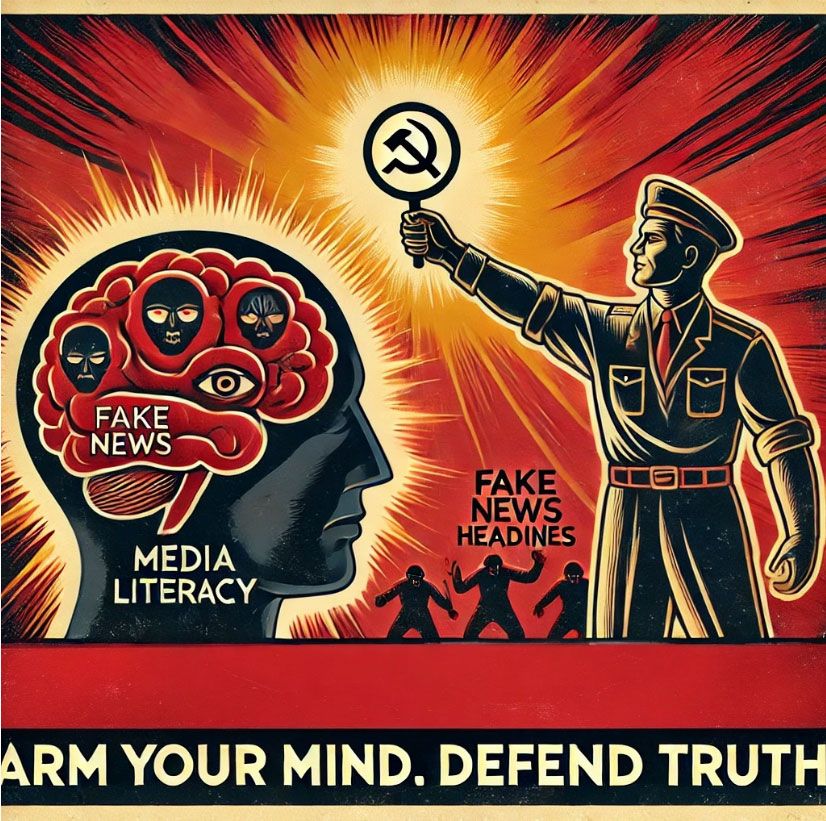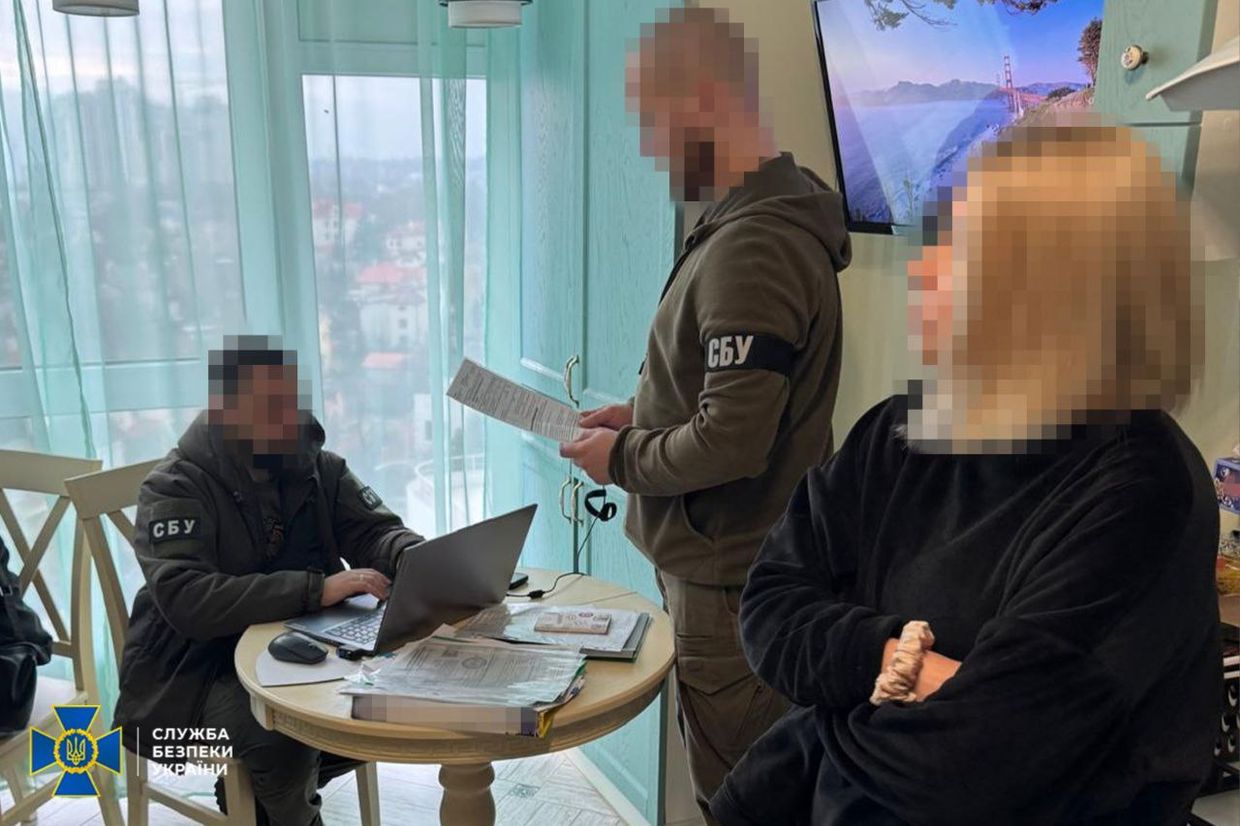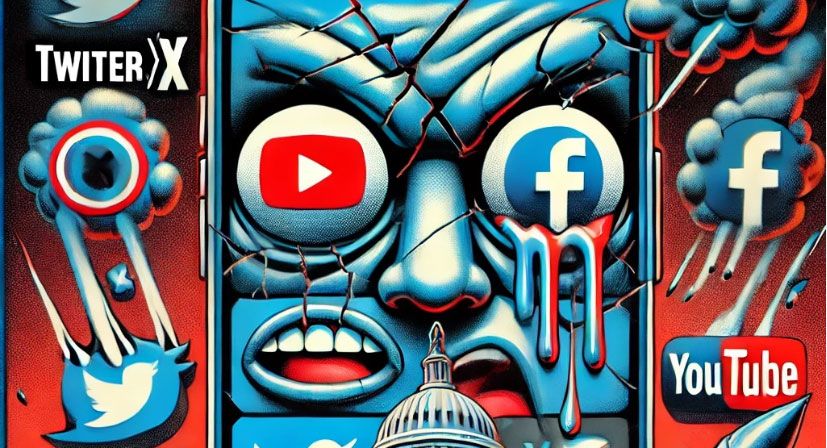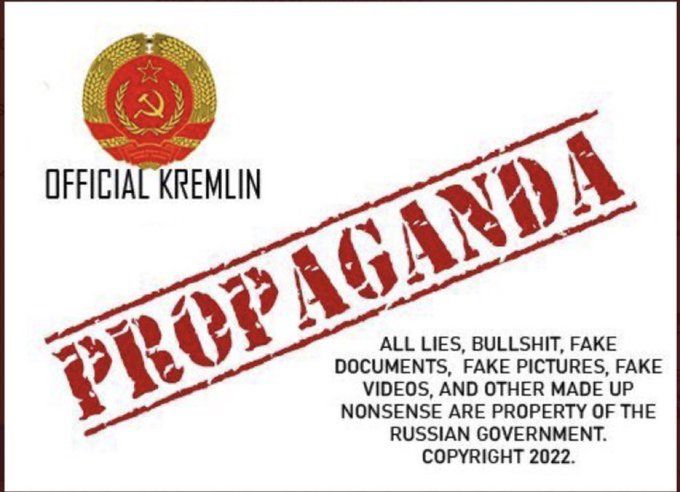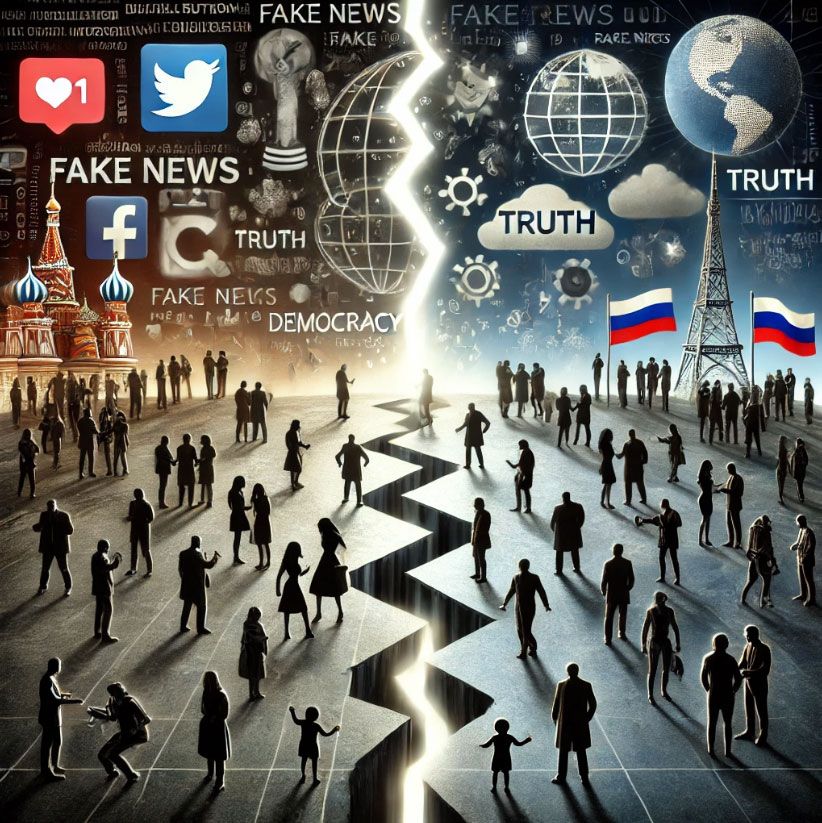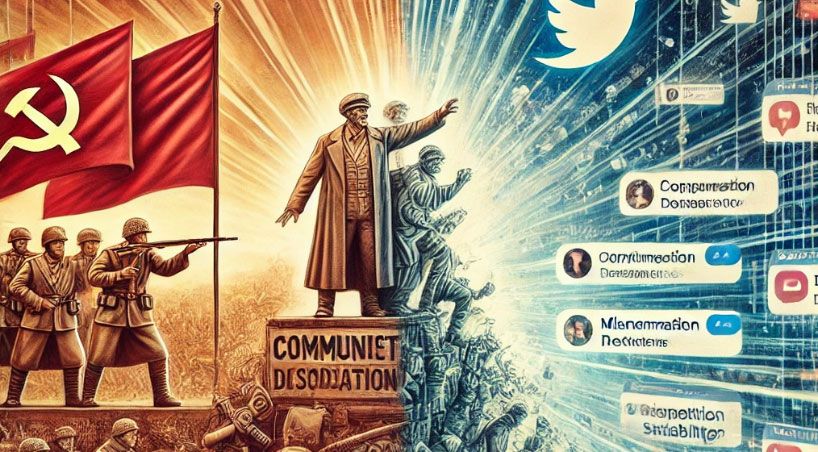In today's digital world, misinformation spreads faster than ever, influencing our health decisions, political beliefs, and even how we spend our money.
In fact, a 2021 MIT study by Vosoughi, Roy, and Aral found that false news spreads six times faster on social media than factual news, amplifying its impact on society. Read the study
The good news? Just like vaccines protect our bodies from viruses, our minds can be trained to resist misinformation.
This is where inoculation theory comes in.
What Is Inoculation Theory?
Inoculation theory is a psychological concept that works much like a vaccine.
By exposing people to small, weakened doses of misinformation—along with explanations of why it's false—they become more resistant to falling for similar falsehoods in the future.
This mental "immunity" makes it easier to spot misleading information and reject it.
Researchers at the University of Cambridge, including Dr. Sander van der Linden, have explored this strategy in depth. Read more
The Power of Media Literacy
Recent research, including a meta-analysis by Kim et al. (2024) of 49 studies with over 81,000 participants, shows that media literacy education is one of the most effective ways to fight misinformation. Read the study
Here's how it helps:
- Reduces Belief in False Information: Media literacy programs teach how to verify sources and question suspicious content, decreasing belief in misinformation by 27%.
- Sharpens Discernment: People become 76% better at distinguishing fact from fiction when trained to analyze media critically.
- Prevents the Spread: Media literacy programs significantly decrease the likelihood of sharing misinformation, with studies showing substantial reductions in sharing false content after targeted education. Learn more
These programs work best when they involve multiple sessions because repeated exposure reinforces critical thinking skills and helps participants better retain strategies for identifying misinformation.
They are particularly effective among college students, who are often more engaged in learning environments, and in cultures that value certainty and accuracy, where there is a stronger emphasis on seeking clear and reliable information.
Why This Matters to You
Misinformation isn't just an abstract problem—it can impact your daily life in surprising ways.
From influencing health decisions to shaping political opinions, it quietly affects the choices we make every day.
It can:
- Influence your health choices, like deciding whether to get vaccinated or which treatments to trust.
- Shape your political views and how you vote.
- Mislead you into wasting money on scams or ineffective products.
Without realizing it, you might even share misinformation, unintentionally spreading harm to others.
How You Can Protect Yourself and Others
- Question Before You Share: Ask where the information comes from and whether it's backed by evidence.
- Seek Out Media Literacy Resources: Online courses and tools can teach you how to spot fake news and misleading content.
- Follow Credible Sources: Stick to trusted news outlets and fact-checking organizations.
- Talk About It: Share what you learn with friends and family to help them become more informed.
Final Thoughts
Misinformation is like a virus, but the good news is that we can build our defenses.
Through media literacy and critical thinking, we can protect ourselves and our communities. Start questioning, start learning, and become part of the solution.
Explore free media literacy courses like MediaWise by the Poynter Institute or check facts with trusted sites like Snopes and FactCheck.org.
Your mind deserves the same protection as your health.
Support our efforts:
Get a two bucks membership here: https://buymeacoffee.com/nafoforum
Support our on-going fundraiser here: https://www.gofundme.com/f/support-disinformation-education-public-education-forum
We have a Patreon - still in construction - here: https://www.patreon.com/c/PublicEducationForum
When all else fails - get a shirt here: https://www.bonfire.com/store/nafo-forum-shop/


